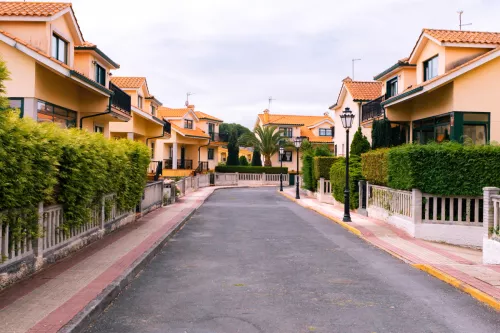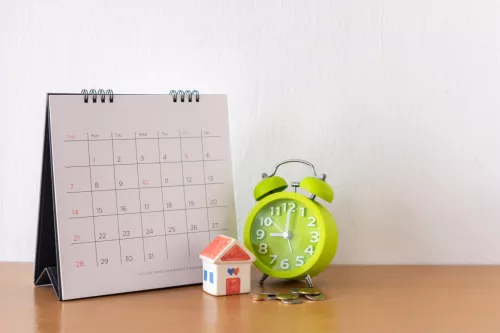A lake house represents a dream getaway for many, providing a serene retreat from the hustle and bustle of daily life. Whether it's for weekend relaxation, a summer vacation home, or a long-term investment, buying a lake house involves unique considerations.
In this article, we explore everything you need to know before purchasing this type of property, from understanding lakefront living to assessing the costs and finding the best locations.
What is a Lake House?
A lake house is a property located near or directly on a lake, offering scenic views and recreational opportunities such as fishing, boating, and swimming. Lake houses can range from cozy cabins to luxurious waterfront estates, each offering a distinct lifestyle centered around water activities and natural beauty.
Lakefront House vs. Lake-Access Property
When buying a lake house, it's essential to understand the distinction between a lakefront house and a lake-access property, as each offers different levels of accessibility and pricing.
Lakefront House
A lakefront house is directly on the shore of a lake, offering private and unobstructed access to the water. It often includes a private dock, beach area, or boathouse.
Lakefront houses offer several benefits, including private access, scenic views, and investment value. They provide direct and exclusive access to the lake for swimming, boating, fishing, and other recreational activities.
The uninterrupted views of the water enhance relaxation and can improve property value. Additionally, lakefront properties often have higher resale value and rental income potential, making them attractive investments.
However, there are also drawbacks to consider. Lakefront properties typically command a premium price due to their desirable location. Increased exposure to water and humidity requires more frequent maintenance, as docks, boats, and waterfront equipment are more susceptible to wear and tear.
Balancing these benefits and challenges is crucial when deciding whether a lakefront property is right for you.
Learn more:
First Time Home Buyer, We’ve Got the Info You Need!
Float Homes: Discovering Tranquility on the Water
Lake-Access Property
A lake-access property is not directly on the lake but has access to the water through a shared dock, a nearby path, or a community facility.
They offer several benefits, including affordability, community amenities, and lower maintenance needs. They are usually less expensive than lakefront houses while still providing access to the lake.
Many lake-access properties are part of planned communities with shared amenities like pools, docks, and walking trails. Additionally, less exposure to water reduces maintenance needs, making them a practical choice for those seeking a lake lifestyle without the added costs.
However, there are some drawbacks to lake-access properties. Access to the lake is often shared with other residents, which can limit privacy and convenience.
Additionally, views of the lake may be partially obstructed or not as scenic as those from lakefront houses. Despite these challenges, lake-access properties can be a desirable option for those who value affordability and community living.
How Much Does a Lake House Cost?
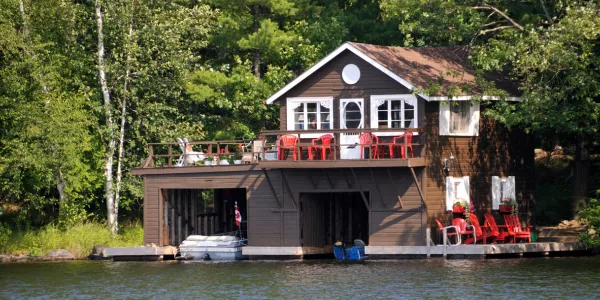
The cost of a lake house can vary widely based on several factors, including location, property size, and type of lake access available.
Key Cost Factors:
When considering the cost of a lake house, several factors influence the final price. Location is a significant factor, with lake houses in popular tourist destinations like Lake Tahoe, Lake Michigan, or the Finger Lakes region often commanding premium prices. Conversely, properties in less popular or remote regions can be more affordable.
Lake Access is another critical consideration:
- Lakefront Houses: Typically more expensive due to private access and scenic views.
- Lake-Access Properties: More affordable since they lack direct lakefront access.
Property size and amenities also affect pricing. Larger houses or estates with luxury amenities like private docks, boathouses, and hot tubs tend to be more expensive. Seasonal variations can also influence prices, with summer being the peak buying season for lake houses.
Average Costs:
- Lakefront House: Prices range from $500,000 to several million dollars depending on the location, size, and amenities.
- Lake-Access Property: Prices range from $200,000 to $800,000.
Hidden Costs to Consider:
- Property Taxes and Insurance: Lakefront properties often have higher property taxes and insurance premiums due to their location.
- HOA Fees: Some lakefront communities charge Homeowners Association (HOA) fees for shared amenities like docks and maintenance.
- Maintenance Costs: Boats, docks, and water-related equipment require regular maintenance.
Best Places to Buy a Lake House
Finding the best place to buy a lake house depends on your lifestyle, budget, and recreational preferences. Here are some top locations:
United States
- Lake Tahoe, California/Nevada
A year-round destination known for skiing in winter and boating in summer.

- Finger Lakes, New York
A picturesque region famous for wine tasting, fishing, and hiking.
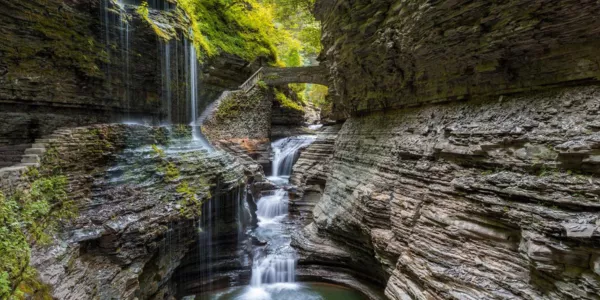
- Lake of the Ozarks, Missouri
Offers a mix of affordable lake houses and luxury waterfront estates.
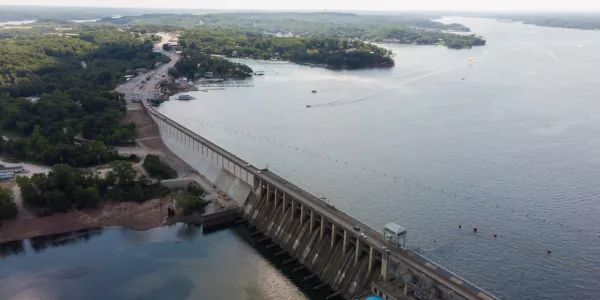
- Lake Lanier, Georgia
Popular for fishing, boating, and summer vacation homes.
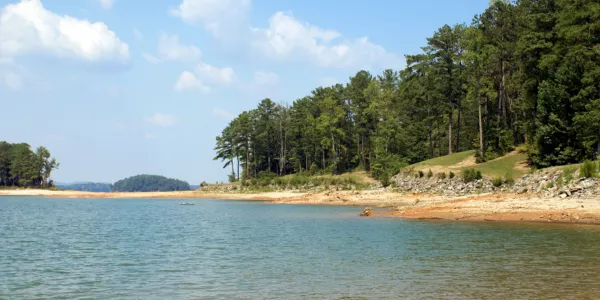
- Lake Travis, Texas
A vibrant destination known for its water sports and nearby attractions in Austin.
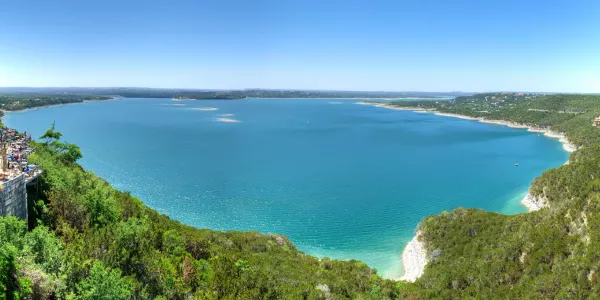
International Destinations
- Lake Como, Italy
A glamorous destination with luxurious lakefront villas.

- Lake Geneva, Switzerland
Offers stunning views, water sports, and easy access to nearby cities.
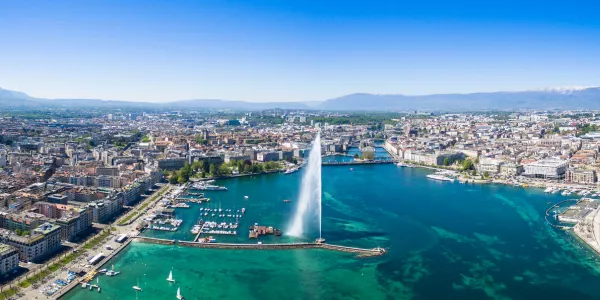
- Lake Wanaka, New Zealand
A tranquil retreat known for its outdoor adventures.
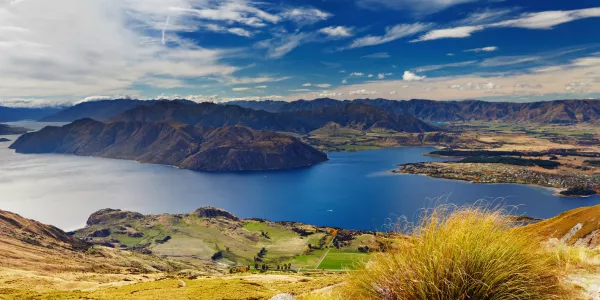
Finding the Cheapest Lakefront Property
Lakes vary considerably in water quality, location, surrounding infrastructure, and these factors contribute directly to lake houses pricing. Finding the right place is crucial for your well-being – and your wallet.
Some valuable tips in finding the cheapest lake properties include:
- Regions like Michigan, Tennessee, and Alabama offer more affordable lakefront properties compared to high-demand destinations.
- Consult local agents familiar with lakefront markets to find hidden gems.
- Smaller lakes often have lower property prices while still providing water access.
How Much Value Does a Lakefront Add to a Property?
Lakefront properties generally have a higher market value than similar properties without direct water access. Here’s how much value lakefront can add:
- Premium Value: A lakefront location can increase a property's value by 20% to 50%, depending on location, access, and local market trends.
- Rental Income Potential: Lakefront houses often command higher rental rates, making them attractive investment properties.
- Resale Value: Properties with lakefront access tend to have a faster resale rate due to high demand.
Is Buying a Lake Lot a Good Investment?
Buying a lake lot can be a good investment if you consider several critical factors.
Future Development
Understanding the potential for future development is crucial in determining whether a lake lot will be a worthwhile investment.
- Market Trends: Research market trends and potential development plans that could increase the lot's value over time. Look for infrastructure projects or upcoming commercial developments that may drive demand.
- Zoning Changes: Investigate potential zoning changes that may impact property value or development opportunities. Check if the local government has any plans that could alter the area’s zoning laws.
Accessibility and Infrastructure
A lake lot's accessibility and availability of essential utilities significantly influence its value.
- Utilities: Ensure the lot has access to essential utilities like electricity, water, and sewage. If not already connected, research the costs and feasibility of adding these services.
- Road Access: Verify that the lot is accessible by well-maintained roads or paths to prevent potential challenges during resale or development.
Legal Considerations
Understanding the legal aspects of lakefront development is vital to avoid regulatory issues.
- Zoning Laws: Familiarize yourself with local zoning laws that may affect lakefront development. Ensure the lot is suitable for your intended use.
- Building Regulations: Ensure the lot meets building regulations for lakefront structures. Requirements for setback distances, flood zones, and height restrictions may impact your building plans.
Water Quality and Rights
A lake lot's value is closely tied to the quality of the lake and the legal rights associated with it
- Water Quality: Confirm that the lake's water quality is suitable for recreational activities and safe consumption. Poor water quality can deter potential buyers and reduce property value.
- Water Rights: Ensure that the lot has legal access to water rights, especially for boating, fishing, and irrigation purposes. These rights are essential for maximizing the lot's investment potential.
Investment Potential
The potential for value appreciation and rental income can make a lake lot a lucrative investment.
- Value Appreciation: Lakefront properties often appreciate over time due to limited supply and high demand. Owning a lake lot can yield significant returns if the area is expected to grow in popularity.
- Rental Income: Consider the potential for vacation rentals or long-term leasing. Lakefront properties typically attract tourists and outdoor enthusiasts, making them ideal for vacation rentals.
What is the Disadvantage of a Lake House?
While lake houses offer many advantages, they also come with challenges:
- Exposure to water, humidity, and wildlife requires regular maintenance of docks, boats, and waterfront equipment.
- Insurance Costs: Flood and wind insurance premiums are higher for lakefront properties.
- Depending on the climate, lake houses may have limited use during colder months.
- Popular lake destinations can become crowded during peak seasons, impacting privacy and tranquility.
The Bottom Line: Finding Your Perfect Lake House
Buying a lake house is a significant investment that requires careful consideration of location, costs, and lifestyle preferences. By understanding the unique aspects of lakefront living and being aware of the potential challenges, you can find the perfect lake house to suit your needs.
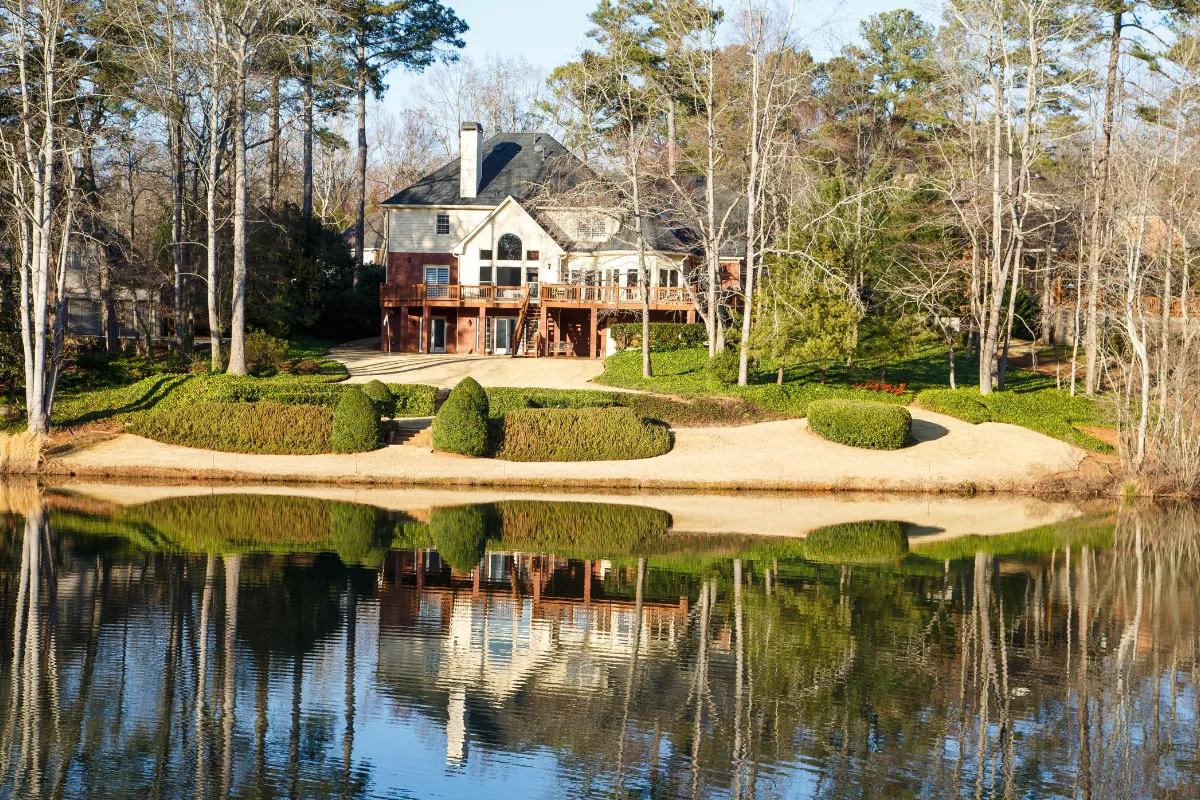
 Marcio Vasconcelos
Marcio Vasconcelos
